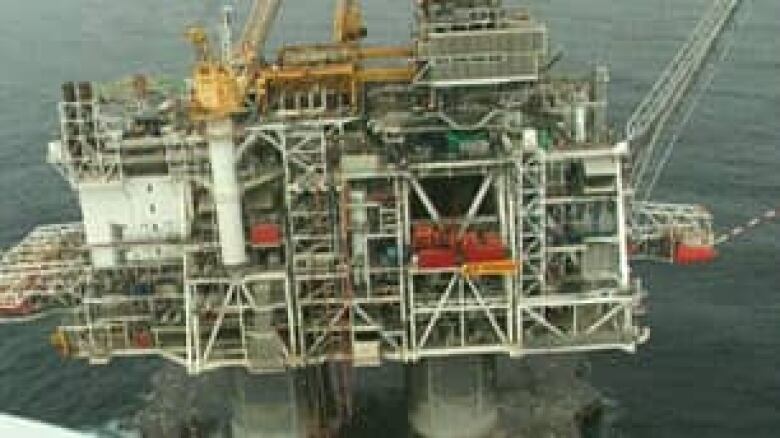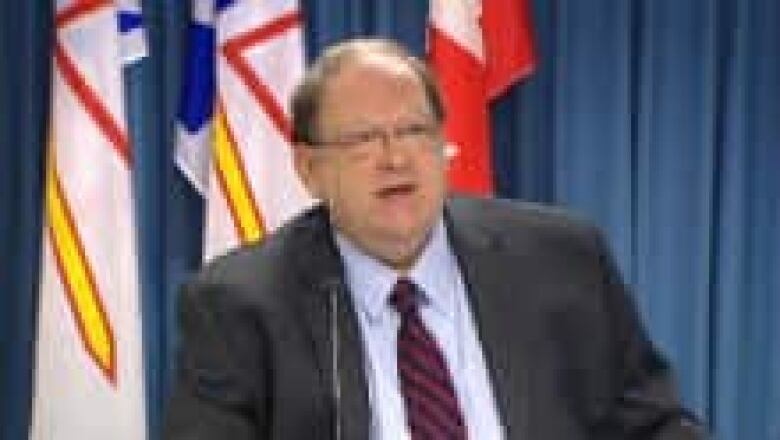Past N.L. budget forecasts off by more than $800M a year
Volatility of oil prices and production levels means initial estimates often wildly inaccurate
When Finance Minister Tom Marshall stood in the house of assembly this afternoon to deliver the provincial budget, he outlined the financial position the Newfoundland and Labrador government expects to face at the end of the fiscal year next March.
If past history is any guide, he will likely be wildly wrong.
In the seven fiscal years between 2004-05 and 2010-11, provincial government surplus/deficit forecasts were off by a total of $5.7 billion.
Thats an average margin of error of $811.8 million a year.
It'sa big chunk of the overall financial piebudgeted government spending has ranged from $4 billion to $7 billion a year over the same time frame.
Each of those years, the government ended up in a much better fiscal position than it first forecast.

The just-ended year, 2011-12, was another chapter in the same story.
Initially, the province expected to post a modest surplus of $59 million.On Tuesday, that number was revised sharply upward, to $776.4 million. The positive changea bonus of more than $700 million is almost entirely due to higher oil prices and production levels driving royalty revenues.
And it already appears that this coming year will see better-than-anticipated financial results as well.
The province expects the 2012-13 deficit to come in at $258.4 million.
That'sabout half the amountof earlier estimates and the fiscal year has just begun.
Oil revenues
The biggest reason for the swinging numbers is the province's dependence on oil, a volatile commodity whose price can be difficult to predict.
Marshallhas acknowledged as much in the past. "When we do the budgeting and we were anticipating royalties of about $2.2 billion, it's based on three items over which we have no control the price of oil, the exchange rate and production numbers," he said in August 2011.
At the time, booming prices and production levels again combined to funnel unexpected hundreds of millions dollars into the provinces coffers.
A decade ago, oil contributed virtually zero to the Newfoundland and Labradortreasury. Today, roughly one out of every three dollars comes from royalties.
That dependence on a fluctuating commodity has resulted in messages of caution from the provinces auditor general.

In early 2011, then-auditor general John Noseworthysaid the province was becoming too dependent on petro-bucksto fuel spending.
"Much of the province's fiscal performance relates to offshore oil royalties which are volatile by their nature and depend on fluctuations in three main factors: world oil prices, production and foreign currency fluctuations none of which can be directly impacted by government," Noseworthy said at the time.
"Furthermore, oil is a non-renewable resource and offshore oil royalties will not always be available to fund government programs. Therefore, the sustainability of current and future government programs will depend on other revenue sources."
Earlier this year, Noseworthys successor echoed similar concerns.
Auditor General Wayne Loveys noted in January that the provinces economic growth in recent years has been positive.
But Loveys warned that revenue streams remain "vulnerable" to fluctuations in oil prices and production levels.












_(720p).jpg)


 OFFICIAL HD MUSIC VIDEO.jpg)
.jpg)



























































































